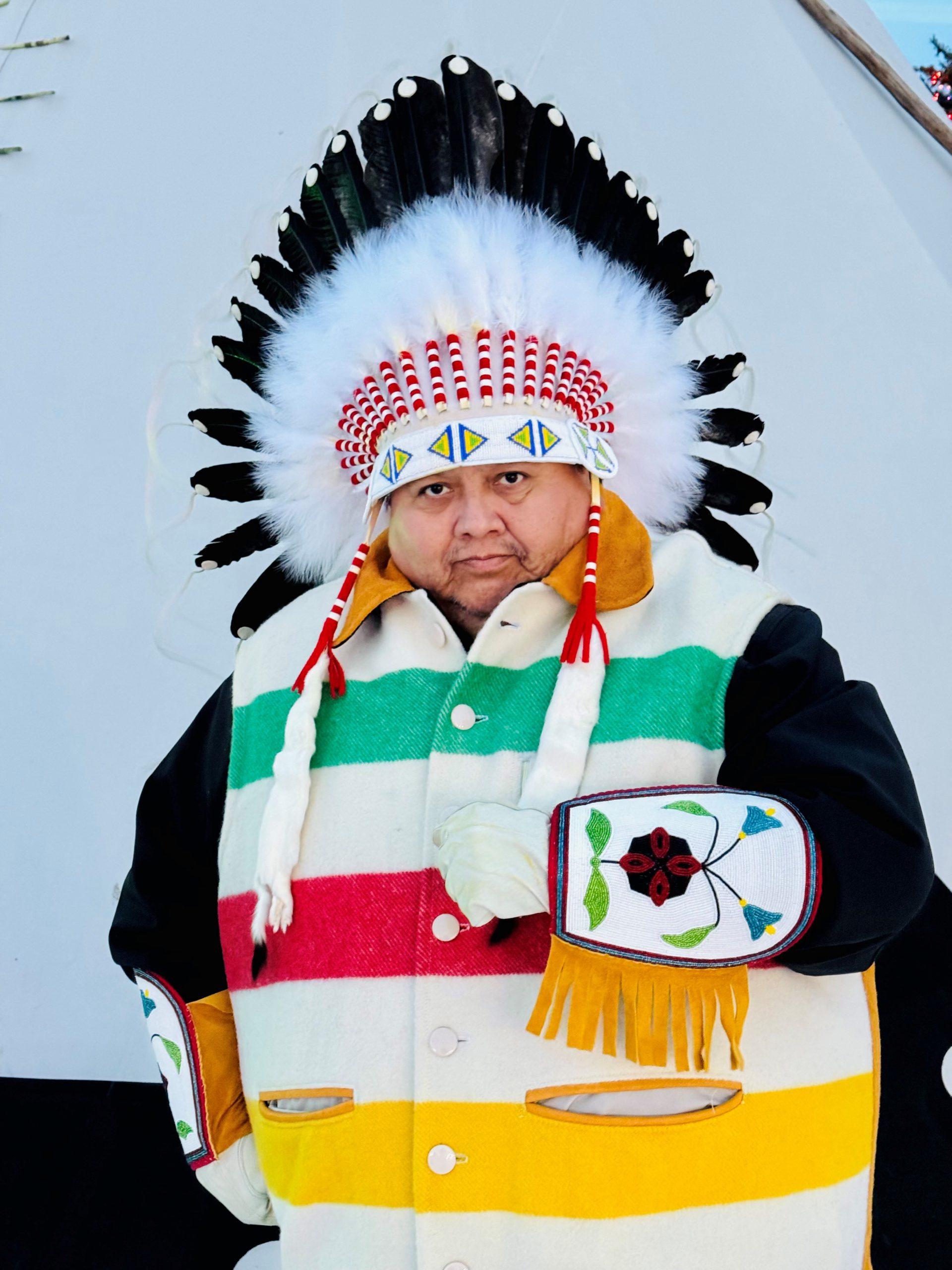Share
Advancing truth and reconciliation in health care: A commitment to healing and empowerment
Back to MessengerRead time: 2 minutes
Dear friends and supporters of the College of Physicians & Surgeons of Alberta,
As we prepare to recognize the National Day for Truth & Reconciliation this month, I want to emphasize the critical journey we must take together—one of truth and reconciliation in healthcare. The Indian Residential School (IRS) system has left a deep and lasting impact on Indigenous peoples, affecting individuals, families and communities. Racism and discrimination, especially Indigenous-specific racism, continue to challenge Alberta’s healthcare system. It’s vital that we acknowledge these injustices and take active steps to address them. This trauma is not just history; it’s a lifelong journey of healing that we must all support.
Being the first Indigenous person to serve as a former CPSA Councillor and former Co-Chair of CPSA’s Indigenous Advisory Circle, I’m proud of the progress we’ve made in addressing discriminatory practices within CPSA. And yet, as an Indigenous person myself, Siksikaitsitapi of the Blackfoot Siksika Nation, and CEO of Siksika Health Services, I know firsthand that there’s still much work ahead.

Since 2021, Siksika Nation and the CPSA have worked together to fight racism and discrimination in health care. We recognize the key role that physicians and physician assistants play as leaders in health care and have committed to taking meaningful action against racism. Our partnership, supported by a Memorandum of Understanding (MOU), is a significant step towards reconciliation. It’s built on mutual respect, equal standing, and the recognition of Siksika’s right to self-determination, as affirmed by the United Nations Declaration on the Rights of Indigenous Peoples Act (UNDRIP).
Healthcare providers have a unique and vital role in advancing truth and reconciliation within our healthcare system. To truly embody this commitment, it’s essential to first acknowledge the existence of systemic racism within our hospitals and facilities and make a firm commitment to help end it. Drawing on the recommendations that have come from a recent human rights complaint from a Siksika Nation member, healthcare systems are implored to conduct an equity audit to identify practices, protocols and policies that disproportionately impact Indigenous people, and to implement the recommendations that follow. Additionally, creating dedicated Indigenous roles in health leadership, decision-making and the patient complaint process is crucial for ensuring that Indigenous voices are heard and respected. And all healthcare personnel, including physicians, should participate in mandatory anti-racism, cultural humility and trauma-informed training, developed by First Nations governing bodies and representative organizations. By incorporating these practices, healthcare providers can actively contribute to a more equitable and just healthcare system for all.
As we mark the National Day for Truth & Reconciliation, we call on all healthcare systems and providers to champion the work of truth and reconciliation. Our language must promote empowerment, and our relationships with people and their stories must be strengthened. By treating everyone equitably, we can recover our human dignity and build a healthcare system that honors the dignity, respect and equality that Indigenous peoples deserve.
I would like to encourage the College of Physicians & Surgeons of Alberta on their continuing pathway to Truth and Reconciliation.
Yours in health,
Dr. Melvin (Tyler) White
Naa Taoyi Piita Wo Taan (Holy Eagle Shield)
Chief Executive Officer,
Siksika Health Services
4 Responses
Related News
All News & EventsMarch 13, 2025
Medical Matters: Updates from the Registration department
February 13, 2025
Medical Matters: A look at complaints data from 2024
January 16, 2025
Medical Matters: Introducing CPSA’s 2025 Council Chair
December 12, 2024























There’s so much more to do. It requires all of us to step up. TRC recommendations are a good first step but much more to do.
Thank you for reading, Krishna!
It has been a pleasure to work with Tyler and the CPSA committee! Such eloquently put! Thank you Tyler and all those who have created a path forward toward reconciliation!
Thank you for your kind words, Dr. Grandmother Doreen! CPSA is profoundly grateful for your continued guidance and collaboration, as well.